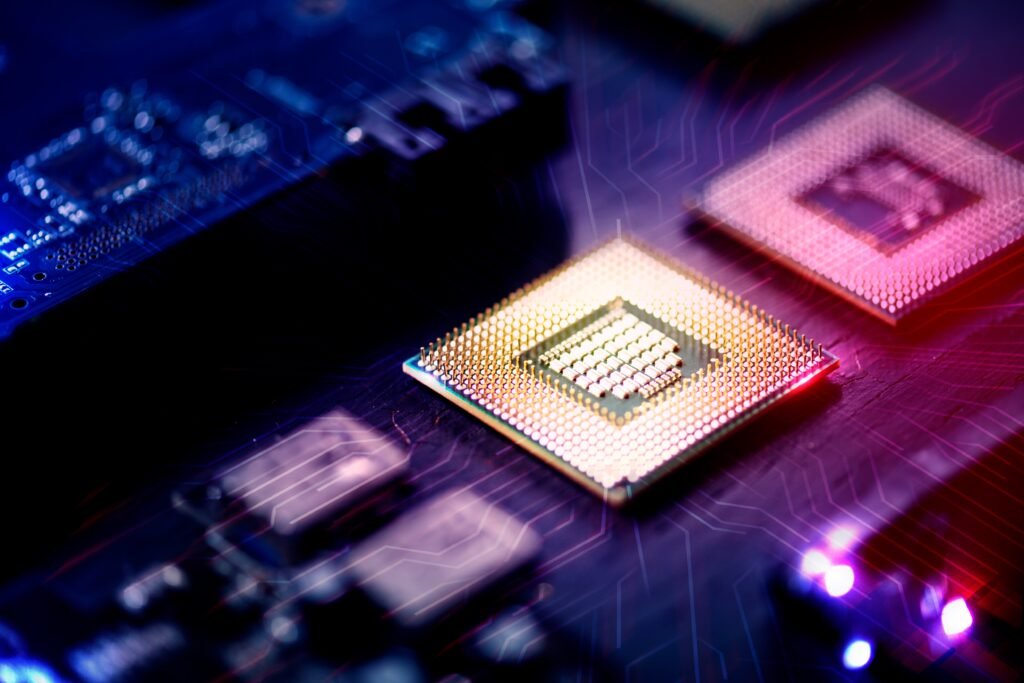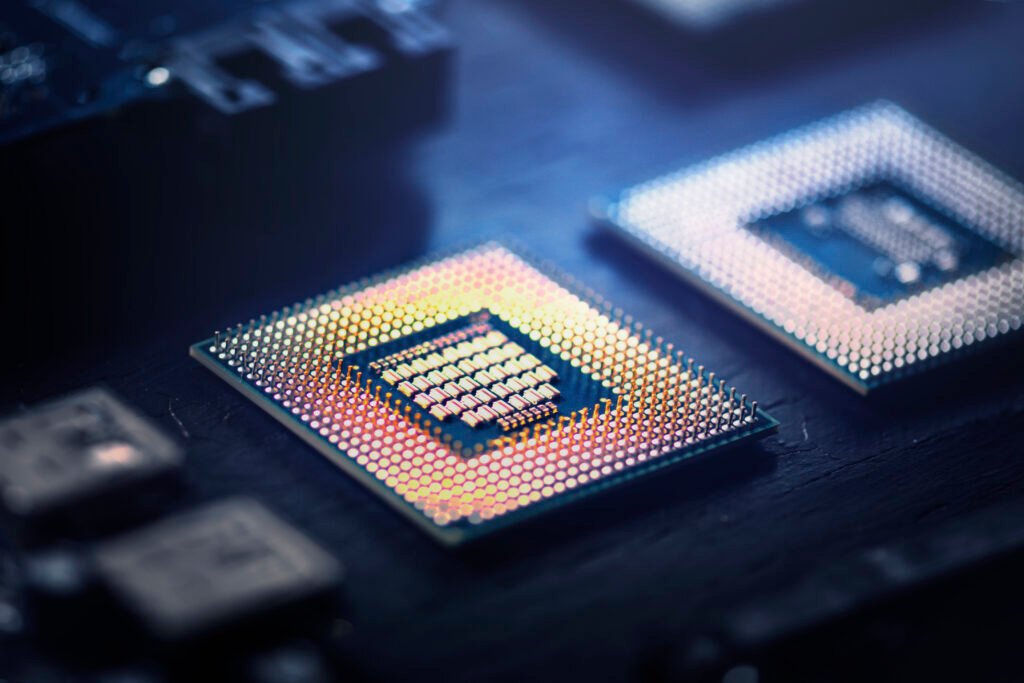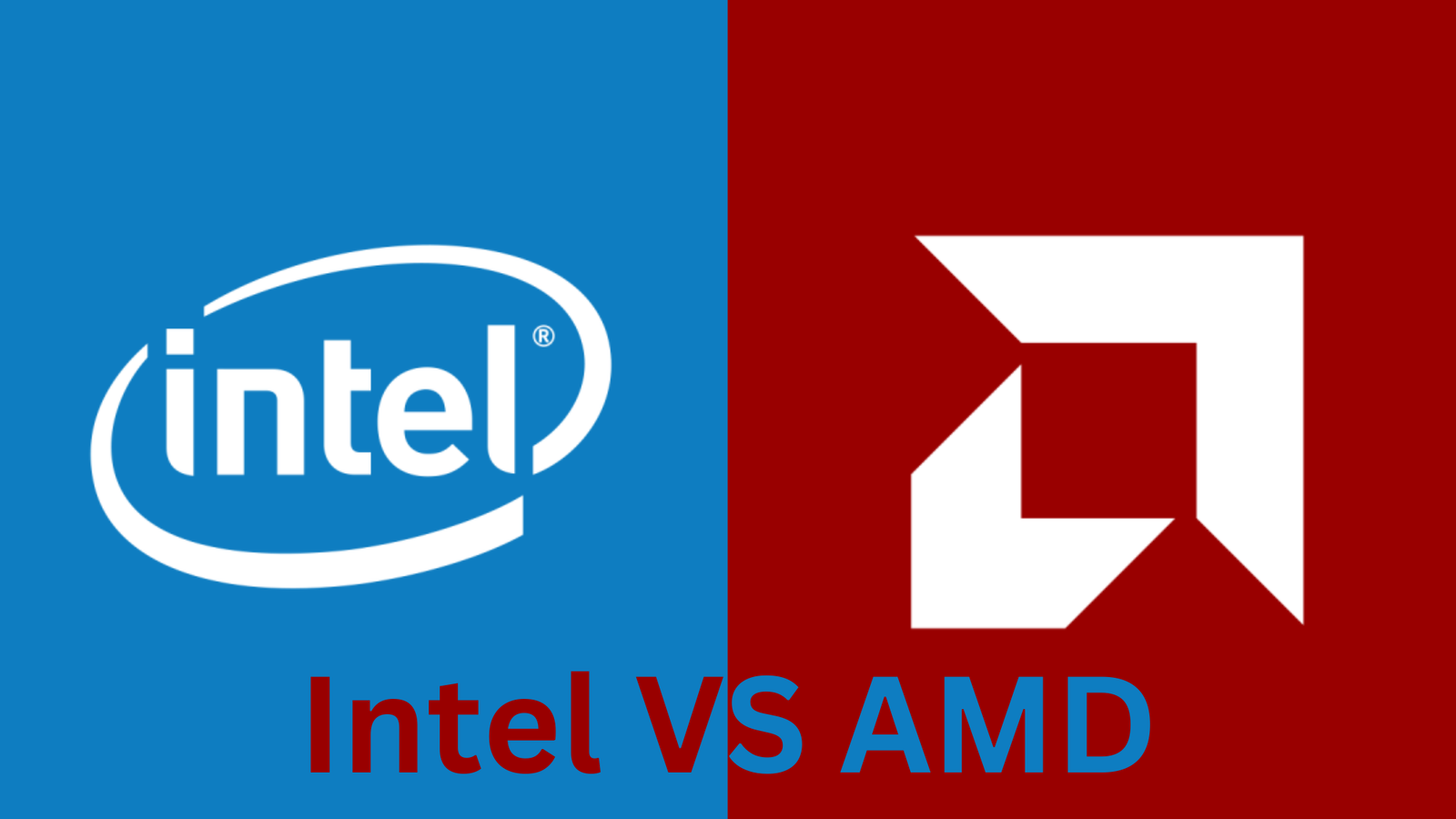As the battle between Intel vs AMD enters new phases, deciding to go for Intel or AMD can sometimes be a very tough call, regardless of the fact that both companies offer some of the best chips out in the market today.

Performance: Intel or AMD
Conversely, in multi-threaded applications, AMD’s Ryzen CPUs perform much better, thanks to their higher core and thread counts.Intel’s Core i9 series, making Ryzen a superior choice for those who want the most for their money.
Price-to-Performance Ratio

When comparing, for example, AMD and Intel in terms of the price, customers can observe that AMD is more effective and, in fact, offers more for the money.
However, Intel has been keen on lowering its prices for its latest chips, especially for the gaming enthusiasts segment. Thus, newer designs and a larger number of available models in the high-price segment make Intel a worthy competitor to AMD.
Gaming: Intel vs AMD

In gaming, Intel vs. AMD fight is on and it’s serious business. For example, Intel has always been considered to dominate the issue of gaming performance owing to higher clock rates, superior single core performance. For years, Intel’s Core i5 and i7 have been crowned gaming kings as these chips deliver very good frame rates on even the most demanding games.
However, advanced micro device has delivered its Ryzen processors that closed the gap in the recent past. Architecturally, the Ryzen 5000 and 7000 series CPUs, including the Ryzen 5 7600X and the Ryzen 7 5800X are among the best gaming CPUs as of now performing nearly at par with intel gaming CPUs but at a better cost efficiency.
Power Efficiency: Will it be Intel or AMD?
Another aspect of usability is power efficiency, where the effectiveness is the ability to bring in power to a point while the efficiency is the ability to send power out from the point, which had to be considered in the design.
When it comes to the energy efficiency of the CPU, which in today’s advanced world is one of the most sensational topics, AMD comes on top in terms of its CPU manufacturing technology having the 7nm and 5nm architecture.
There’s improved power efficiency, or what we can now see as Ryzen processors that use less power but offer more performance per watt. This leads to less heat production, which is very important if the longevity of the system is to be protected.
While Intel has progressed better with the new 10nm and 7nm processes they are still relatively larger in power, especially in the extremes like in the Core i9. This could be a deciding factor especially for the user who has a desire of establishing an energy efficient system.
Future-Proofing and Upgradability
Another consideration that one has to take into account while comparing AMD or Intel is the ability to future-proof the choice made. The AM4 socket of AMD has been used with several generations of Ryzen processors and this allows users to have more options in terms of upgrade paths. The newly released AM5 socket is meant for future generations of Ryzen processors and is thanks to that perfectly suited for upgrades.
Intel, however, changes its socket design very often; this implies that to incorporate a new processor, one will have to purchase a new motherboard. This can of course drive the overall cost of enhancing your system in the future higher and therefore makes AMD a better bet for the future.
Which Should You Choose? Intel vs AMD?
Ultimately, the choice between Intel vs AMD comes down to your needs:Ultimately, the choice between AMD or Intel comes down to your needs:
- If you are a gamer and seek performance in single threaded tasks then Intel may still be your go to.
- If you are only a content creator or if you need a processor for multi-threading applications then AMD Ryzen range offers the most value for the money.
- If you’re creating a system on a smaller number of means, in mid-range market AMD delivers usually high price to performance coefficients.
- For those who are trying to be economical with their power usage, it is once more AMD that delivers more energy efficient processors.
AMD and Intel are both producing high-quality chips, and there really is no such thing as a definitive ‘better’ processor, it all very much depends on what the consumer needs from their processor.

